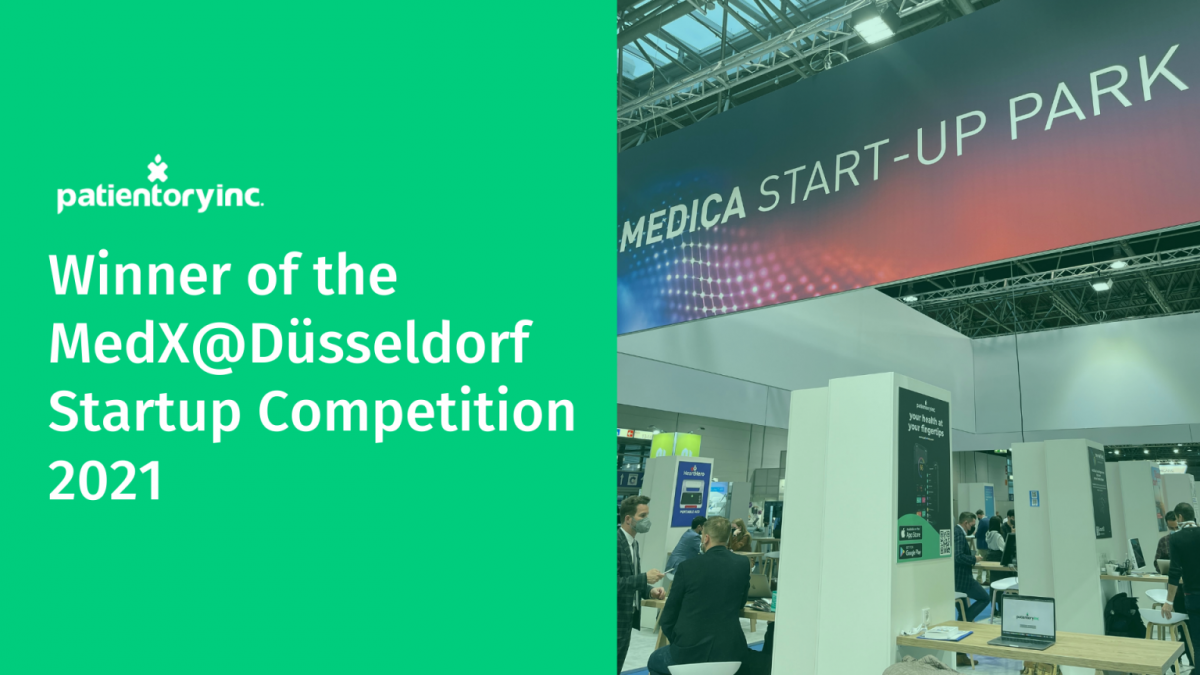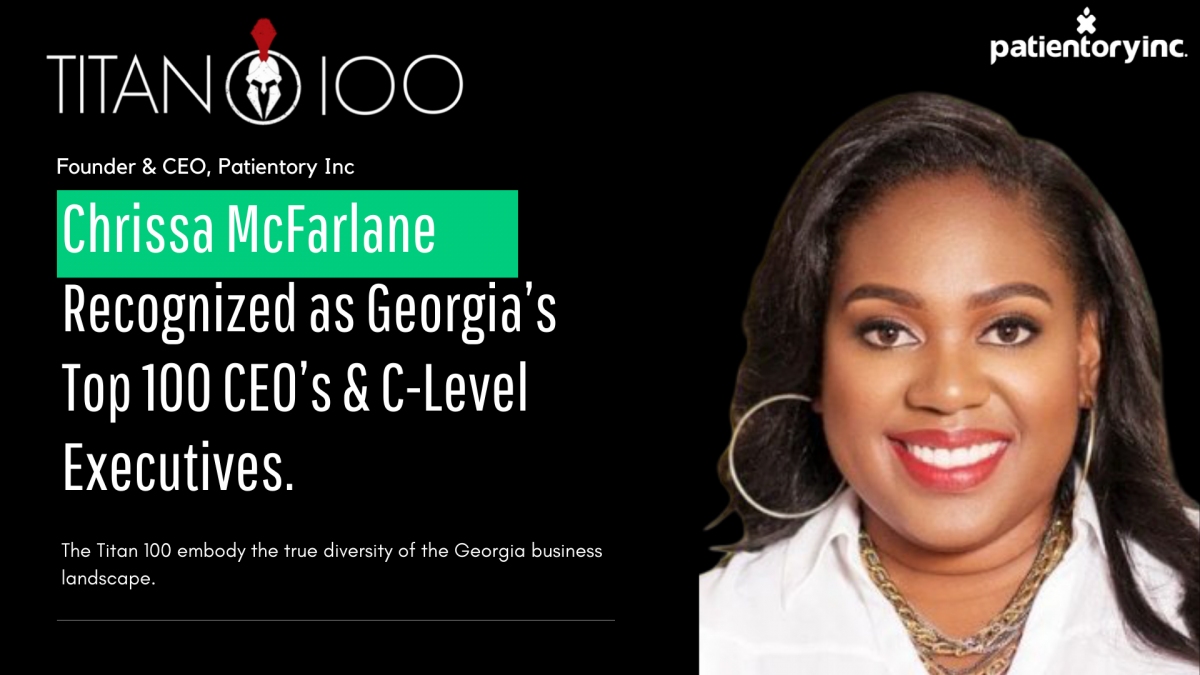Special Thanks to The Office of Economic Development Düsseldorf for the invitation to exhibit at MEDICA – Leading International Trade Fair and for organizing the glorious networking event with local authorities of commerce and healthcare in Germany.
Germany, like many countries in Europe, is undergoing a healthcare technology maturation. In late 2019 the German parliament passed the Digital Healthcare Act (Digitale-Versorgung-Gesetz-DVG). This act aims to bring their health systems to compete with the changing digital technology landscape and increase the number of digital therapeutics, or Digital health applications (DiGA). 86% of the apps that have been submitted for approval have been made in Germany with 4% in the US and New Zealand. It’s estimated the German government could save as much as 9.6 billion euros on the digitization of their health data.
One of the most important aspects of the DVG is the “prescribable applications” designation. Apps, software, and other digital health measures can be put through a fast-track review process and if they are approved can be added to a list where they can be prescribed by doctors and therapists. If there is not any available evidence, the app can be put on a yearlong trial. After twelve months in the trial system, they can be added to the permanent list if those positive effects have been shown. More importantly, any costs run up by those digital health measures can be covered in part or in full by Germany’s national health system. There is currently legislation in place to develop a parallel system of nursing apps that will support those taking care of the elderly at home.
The advantages of DVG legislation for both the app builders and the app users is clear. Developers can more easily find new clients and thus grow their business; clients/users don’t have to worry about paying for any costs that result from using it. Health care providers and other health care industry workers have a wealth of data at their hands they can use to track various drugs, treatments, and health-related data. The evaluation process itself provides another benefit for data collection: since the app has already had to pass certain standards of effectiveness, there is a baseline level of evidence the data from the app has had to meet. Currently, 24 apps have been judged to meet the standard. An estimated 50 thousand prescriptions for those apps have been made since November 2021.
Until 2021, health data in Germany did not have to be digital. New legislation passed in 2021 year mandates that all health records be made available digitally. Hospitals, doctors, and pharmacies will also be required to connect to a nationally available digital infrastructure. They will also be given a greater percentage of funds if prescriptions are given as e-prescriptions rather than paper ones.
By 2025 the digital health market in Germany is estimated to have grown to 57 Billion Euros. Please watch our Founder & CEO, Chrissa McFarlane interview at Medica 2021 event. https://www.youtube.com/watch?v=p6wumd39Mac


